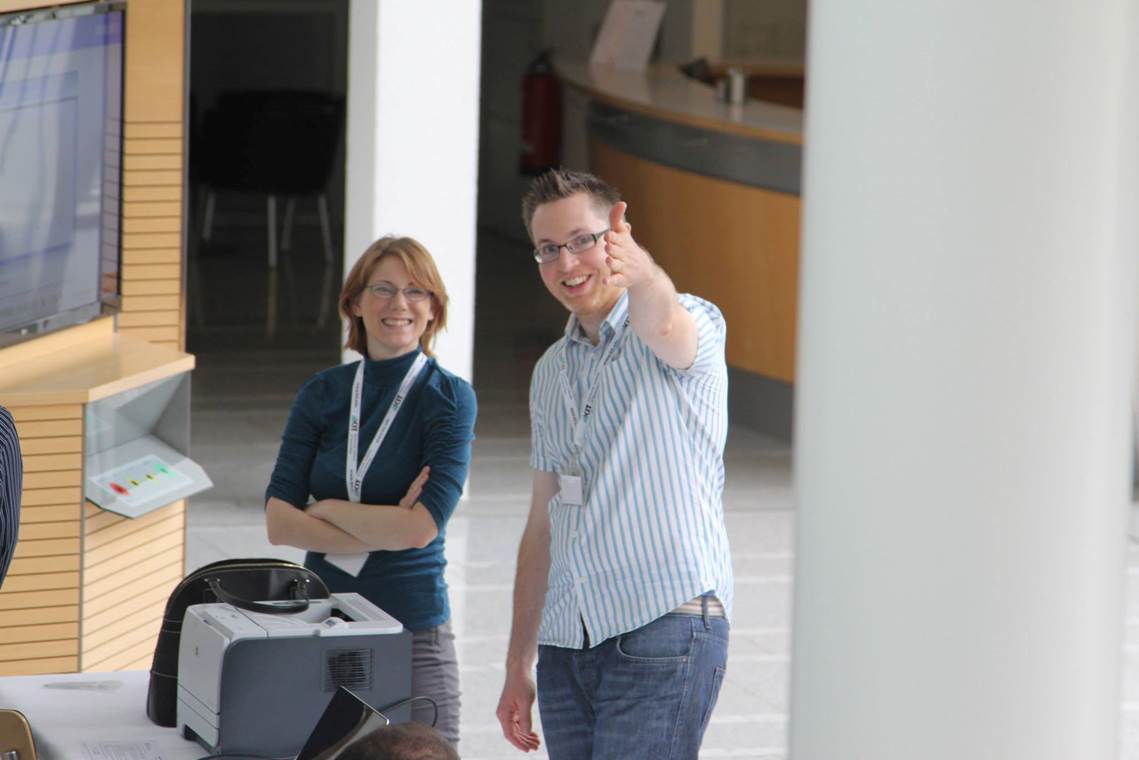How Your Facebook Comments Reveal More Than You Think
Can your personality type be predicted based on the comments you leave on social media? A recent study by one of our faculty says yes.
- published: 2017/09/27
- contact: Amanda Rucker - Communications
- email: arucker@unomaha.edu

No matter what the platform, social media welcomes engagement: from a compliment on a photo, to weighing in on an article. From a social perspective, individuals are constantly representing themselves across these platforms through their comments – but from a researcher’s perspective, can you truly understand who a person is just based off of their interaction on social media?
Dr. Margaret Hall, an assistant professor in IT Innovation, wanted to find out. Working with Dr. Simon Caton of National College of Ireland (NCI), Hall analyzed over 500 anonymous individual’s Facebook Timelines for the answer. First, the individuals completed psychometric testing and then granted access to their Facebook feeds, then Hall and Caton compared their tested personality type with the personality traits revealed in their comments.
Our goal was to find out if people are representing themselves other than they would naturally, and if so, how can we estimate it so we can control for that self-representation in cyberpsychology studies
“Our goal was to find out if people are representing themselves other than they would naturally, and if so, how can we estimate it so we can control for that self-representation in cyberpsychology studies,” Dr. Hall said. “We were looking for the ‘Big 5’: openness to experience, conscientiousness, extraversion, agreeableness and neuroticism. We found that we could predict where a person fell on the scale for each trait with a high level of accuracy.”
Working with Linguistic Inquiry and Word Count package, a computerized text analysis, Hall and Caton were able to classify individuals within the Five Factor personality model with an average accuracy of nearly 75 percent. Hall reported that within 500 comments, they were able to pinpoint these people’s personality types, with posts about TV shows being particularly revealing.
“What it means in the first place is that if an academic study observes a societal trend or political movement on social media, the conclusions it draws are dependable, even given the fact that people are careful how they represent themselves on Facebook. From an individual user’s point of view? If someone can access your Facebook page, perhaps a potential employer, they can observe your personality. Without you knowingly sitting a psychometric test, they can discern whether or not you fit the role they’re recruiting for,” said Dr. Caton, who is the program director for NCI’s MSc in Fintech.
Thanks to generous funding from the University of Nebraska at Omaha Dr. C.C. and Mabel L. Criss Library, the findings were submitted and published in the prestigious academic journal PLoS ONE.